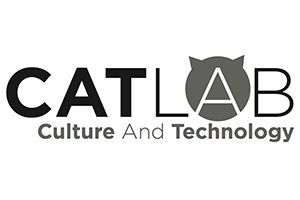The rise of ubiquitous technology has resulted in opportunities for the design of new interactive museum exhibits that can be customized to families. Children's museums can be engaging, informal settings in which children learn fundamental science, technology, engineering, and math (STEM) concepts through hands-on experiences. In order to optimize and personalize learning experiences in such informal environments, we propose the concept of a virtual buddy that uses personal, physical, and social context knowledge regarding the child to facilitate new opportunities for STEM learning. To understand how children choose, perceive and interact with a virtual buddy and how that may impact STEM learning, we conducted participatory design activities with 18 children in a local museum. The goal of this project is to inform the design of a Virtual STEM Buddy (VSB) that could provide contextualized explanations, to seed parents contextualized explanations and to bridge the museum experience to other informal learning experiences.

The CAT Lab studies how culture impacts the use and production of technology with a focus on learning applications, computer science education and designing new technologies with culture as a point of convergence.


